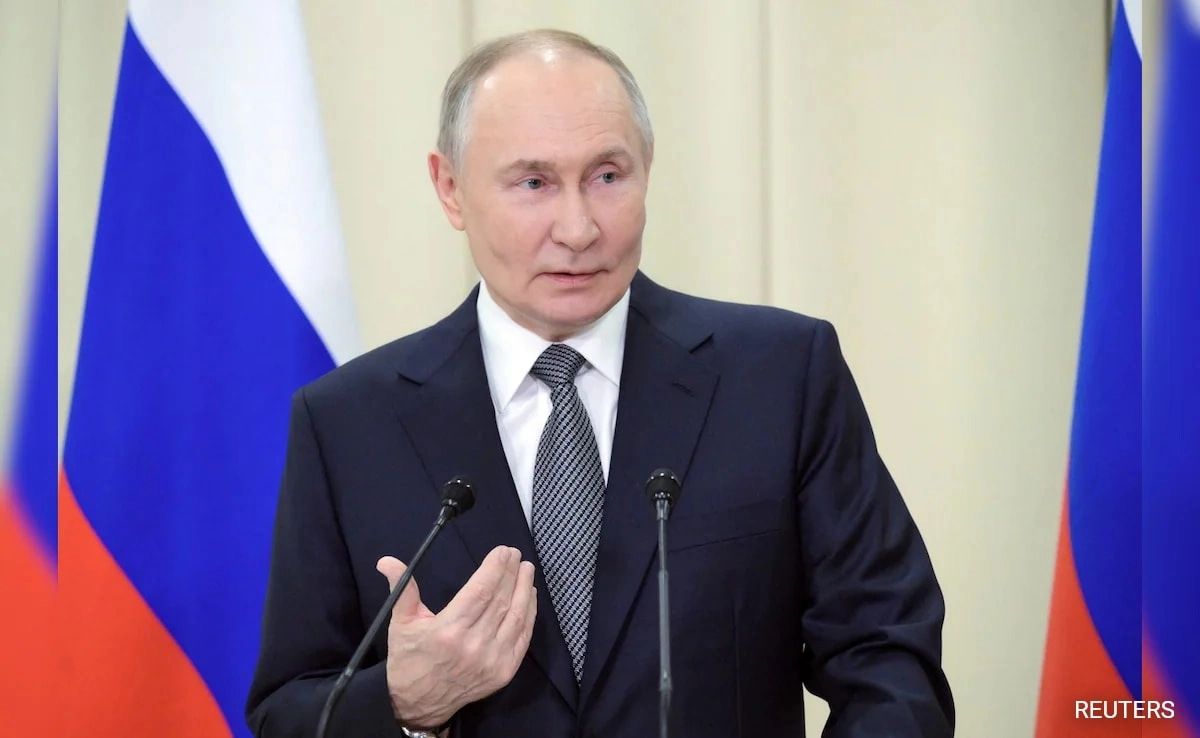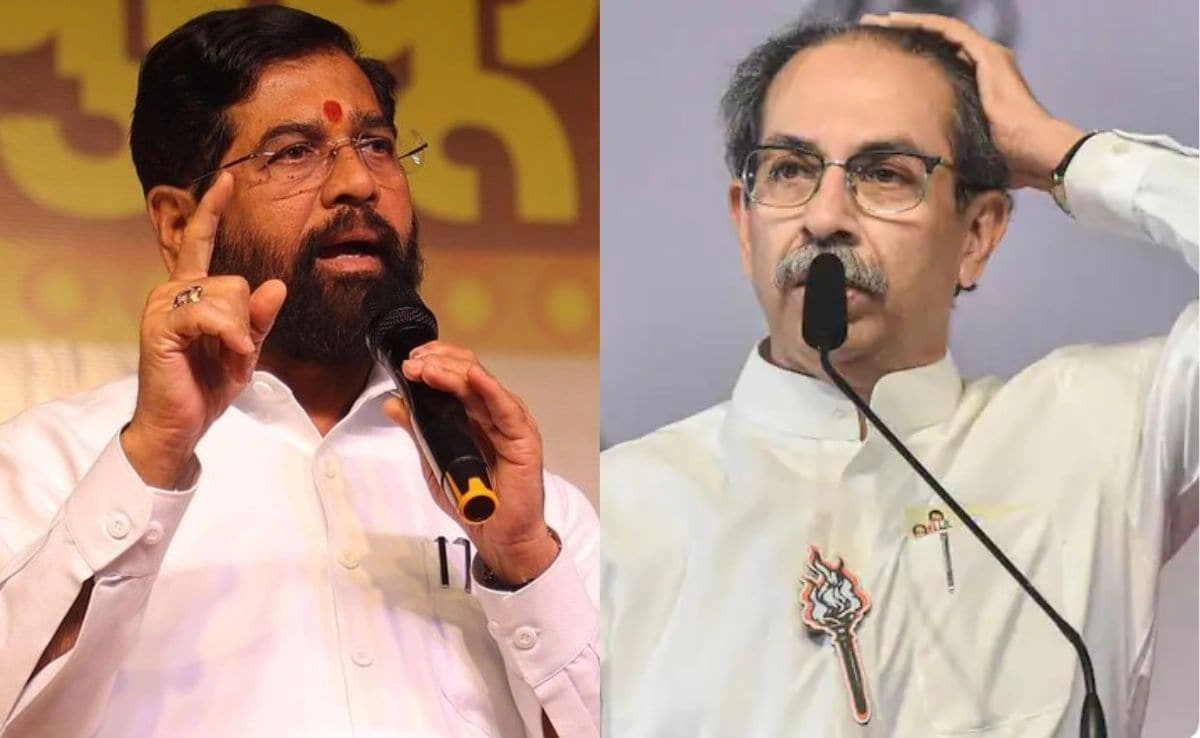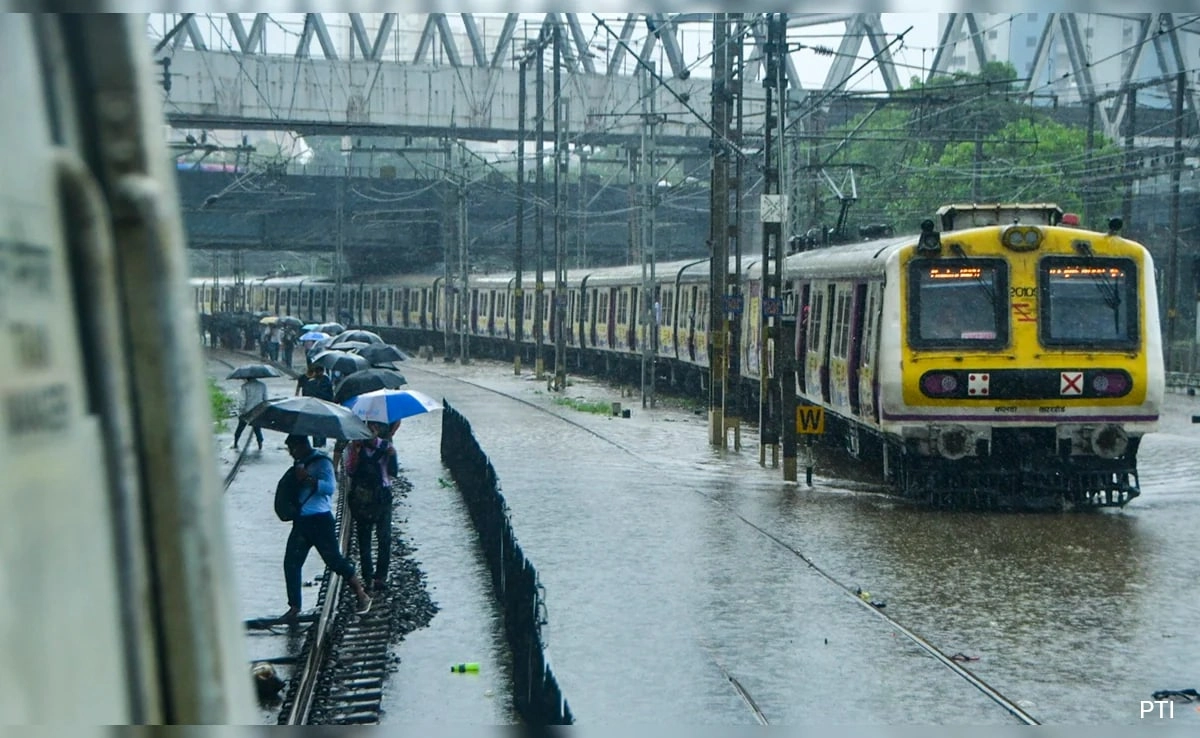The European Union is gearing up to implement new sanctions against Russia as part of its ongoing efforts to exert pressure on President Vladimir Putin in response to the ongoing conflict in Ukraine. This latest round of sanctions aims to target key sectors of the Russian economy and individuals who are believed to be closely associated with the Kremlin’s military actions. As the war in Ukraine continues, the EU has recognized the necessity of maintaining unity among its member states to ensure a coordinated and effective response to Russia’s aggression. The new sanctions are expected to encompass a range of measures, including restrictions on trade, financial transactions, and technological exports, all designed to weaken Russia’s economic capabilities.
The geopolitical landscape in Europe has shifted significantly since the onset of the conflict, with EU member states increasingly aware of the need for a robust collective response to Russian actions. The proposed sanctions are not only a punitive measure but also a strategic move aimed at deterring further aggression from Russia. The EU’s commitment to supporting Ukraine remains steadfast, with financial assistance and humanitarian aid being provided to bolster the country’s defense efforts. By implementing these sanctions, the EU hopes to signal to Moscow that continued military operations in Ukraine will only lead to deeper isolation on the international stage.
Moreover, the sanctions are part of a broader strategy that includes diplomatic efforts to rally international support against Russia’s actions. The EU has been working closely with allies such as the United States and other Western nations to coordinate their responses and ensure that the measures taken are effective. As the conflict drags on, the EU’s resolve to confront Russian aggression appears stronger than ever, with discussions ongoing about the potential for additional measures should the situation escalate further. In this context, the EU aims not only to support Ukraine but also to uphold international law and the principles of sovereignty and territorial integrity.
In conclusion, the planned sanctions reflect the EU’s commitment to holding Russia accountable while supporting Ukraine in its fight for sovereignty. The situation remains fluid, and the EU’s actions will likely evolve in response to developments on the ground. As the conflict continues, the union’s ability to maintain a cohesive and determined stance will be crucial in shaping the future of European security and stability. The effectiveness of these sanctions, along with the EU’s diplomatic efforts, will play a pivotal role in determining the outcome of this conflict and the long-term relationship between Russia and the West.




